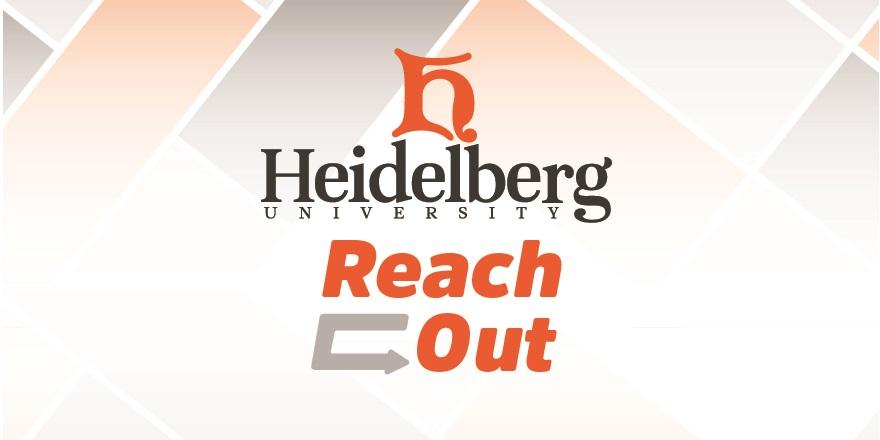
A new app available to the Heidelberg community pulls together a variety of mental health resources and services with quick and easy access at their fingertips. It’s in response to the steady increase in the need for mental health services at colleges and universities fueled by the pandemic.
Earlier this year, Heidelberg University applied for and was awarded a grant from the Governor’s Emergency Education Relief (GEER) Funds provided to the state from the U.S. Department of Education. The GEER funds are part of the larger Coronavirus Aid, Relief and Economic Security Act, or CARES Act. The funds were designated to support mental health response and recovery needs related to the COVID-19 pandemic at Ohio colleges and universities, which have experienced a rise in feelings of isolation, hopelessness and fear, anxiety, depression and other stresses on campuses.
Heidelberg used the GEER funds to purchase and customize our version of the Reach Out app, which is currently operated by Lakeland Community College. Heidelberg’s Reach Out app aligns with the university’s and the Tiffin community’s mental health resources. The initiative was spearheaded by John Sharp, associate director of counseling, and counselor Mary Felton, working with Ken Browner, from Lakeland CC.
Heidelberg’s Reach Out app is now live and available for download and use by the entire Heidelberg community.
You can access the Reach Out app here.
“The goal of the app is to provide readily available resources for suicide prevention and secondarily, information to address mental health-related issues,” John said.
The app allows anyone from our community to have free access to mental health resources to help themselves or someone else, John explained. Resources include direct connection to crisis hotlines, connection to counseling on- and off-campus as well as community resources, including hotlines to domestic violence and rape crisis centers, victim assistance office, NAMI and the local Mental Health and Recovery Services Board.
“From our standpoint, all of the resources provided through the app would be information we would provide to our students, faculty and staff if they were to speak with us directly,” John said. “Through the app, though, they have easy access to this information at their fingertips 24 hours a day.”
The app’s content can be updated as needed. The Stoner Health and Counseling Center staff plans to incorporate the app into all incoming student orientations so that all students have this information and access to mental health-related information from the moment they step foot on campus.